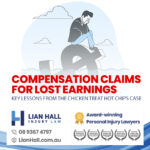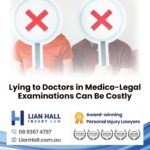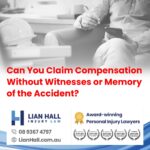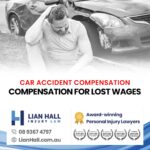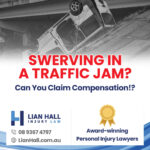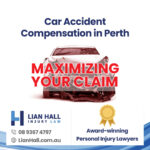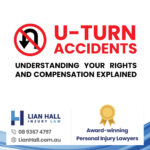A recent NSW court case demonstrates what can happen when what you tell medical doctors as to how your accident happened is different from what you tell an insurance company or a Court.
In the case of Foti v Biordi [2012] NSWDC 496, delivered on 16 September 2021, the Claimant was renting a granny flat on a sem-rural property. He got home one night, parked on the driveway, and as he got out of his car he said that he stepped into a hole and injured his ankle. An ambulance attended and took him to hospital where he was examined by the Emergency Department doctors. He was later discharged and came under the care of his GP.
The Claimant claimed compensation for his personal injuries, sued the property owners saying that the owners had done some building on the driveway and had created a hole, and the owners defended the claim all the way to Court.
The main issue was whether the Claimant had fallen in a hole as he claimed. In all public liability personal injury claims the claimant bears the ‘onus of proof’ – if you sue somebody you must persuade the Court on the balance of probabilities that the accident happened the way that you claim it happened.
The Judge found that the Claimant was a poor witness. The Judge was unhappy and found that what he had told the Court in his evidence contradicted what was recorded in the medical records. For example:
- The claimant had told the ambulance officers that he had fallen while getting out of his car. No mention was made of a hole;
- He later told doctors that he had fallen on a hole with a concrete base;
- He then changed it to a hole covered by a grate;
- He later told doctors that he had fallen in an open hole.
- When the claimant was confronted by the inconsistencies between what he had told the ambulance crew and what he told other doctors, he denied that an ambulance had even come to the property.
The Defendant argued that there were just too many inconsistencies in how the accident had happened.
The Claimant argued that hospitals and doctors don’t always accurately write down what a patient is saying.
In the end there were so many inconsistencies between what was in the treatment notes and what he was telling the Court that ultimately the Judge found the Claimant to be an unreliable witness and that accordingly he had failed to discharge his ‘onus of proof’. He lost his case.
The lesson
The lesson of this case is that when you see a hospital and doctors they will always ask you about how you were injured. That is obvious: it is important that doctors understand what happened to then make the best decisions on treating you.When you later make an injury compensation claim the insurance company will nearly always get a copy of your treatment notes. What you have told the doctors as to how you were injured will then become relevant.
The Courts recognize that hospital and doctors notes are not always accurate. The Courts recognize that it is common that medical notes do not always record the history of an accident accurately – busy hospital staff are focused on the injuries – they want to know how a car accident or a public liability accident happened to be able to treat you- sometimes staff record the details of your accident incorrectly, especially in cases where a patient is elderly or where English is not their first language. For that reason Courts will always be very cautious about how much weight to put on what was told to the hospital or doctors. But, as this case shows the Court, and insurance companies, will always consider what you told the hospital and ambulance and your GP about how the accident happened. If a pattern starts to build that looks like there are inconsistencies between what you tell the hospital and what you tell the GP and what you tell other doctors, and then what you tell your lawyers and the insurance company, then your claim may be at risk. In that case you may need to chat to a personal injuries lawyer to get advice on how to manage that situation.
Just call Lian Hall Injury Law – we are always available to have a no-obligations chat about your personal injuries claim.


